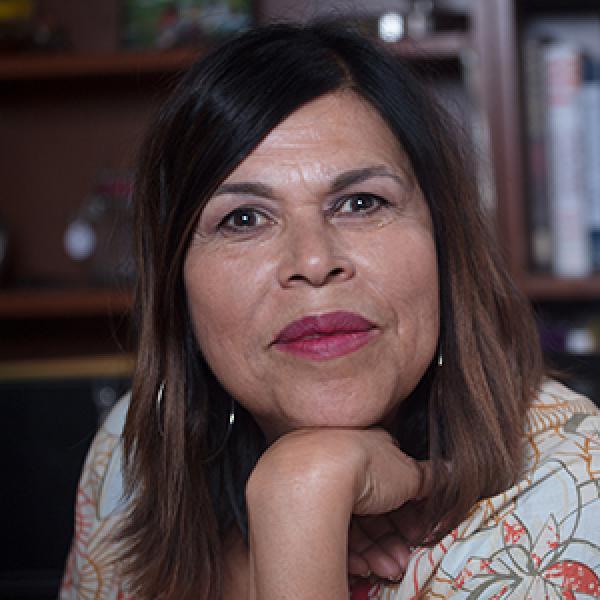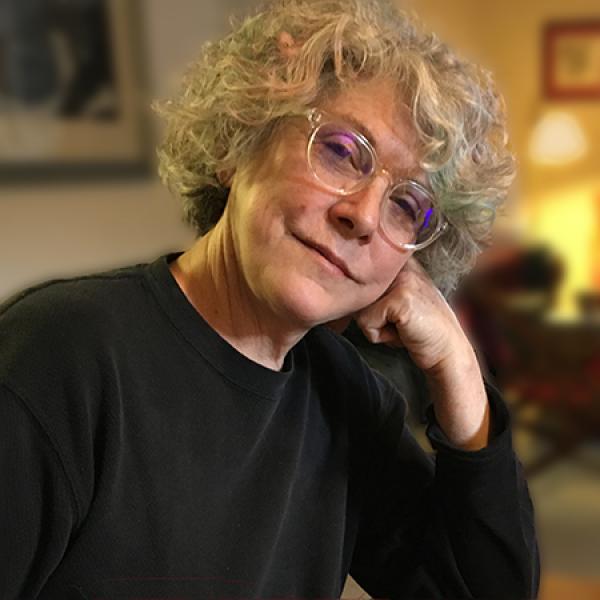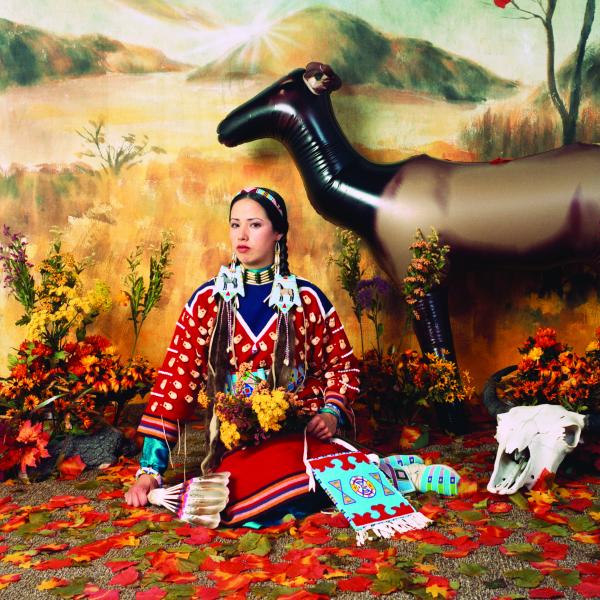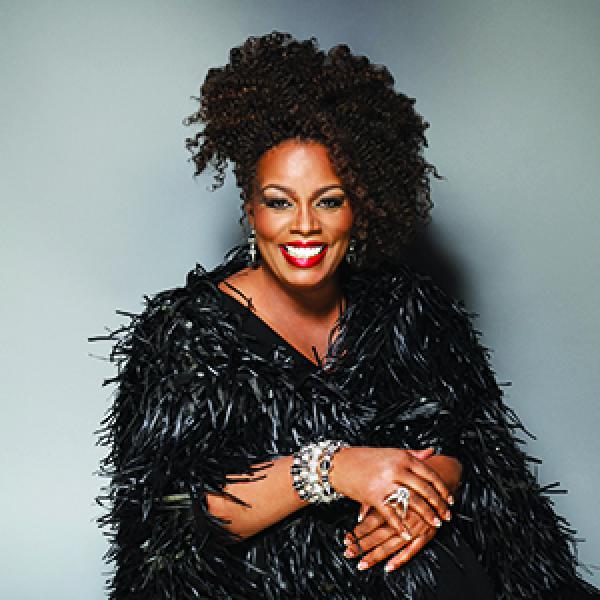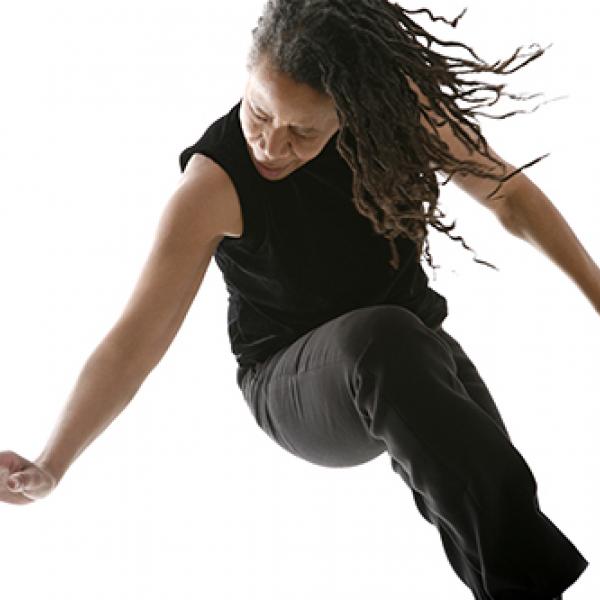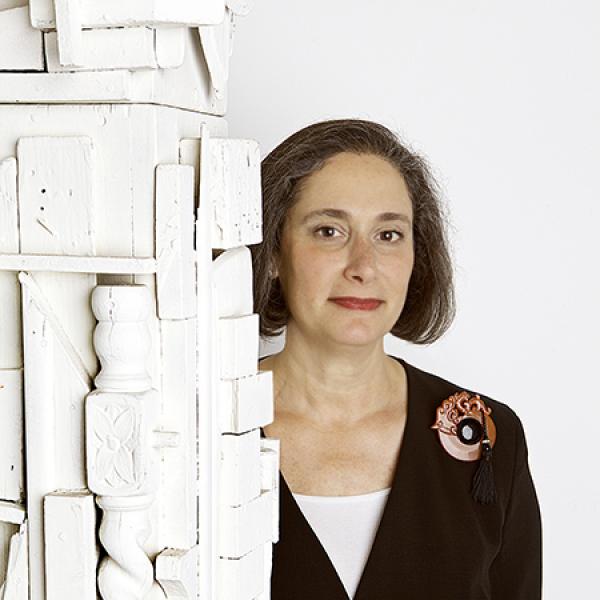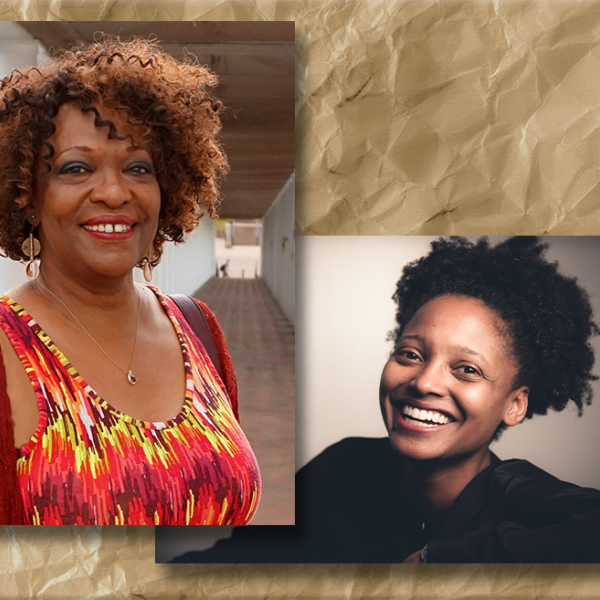Tracy K. Smith and Rita Dove Reading Their Poetry
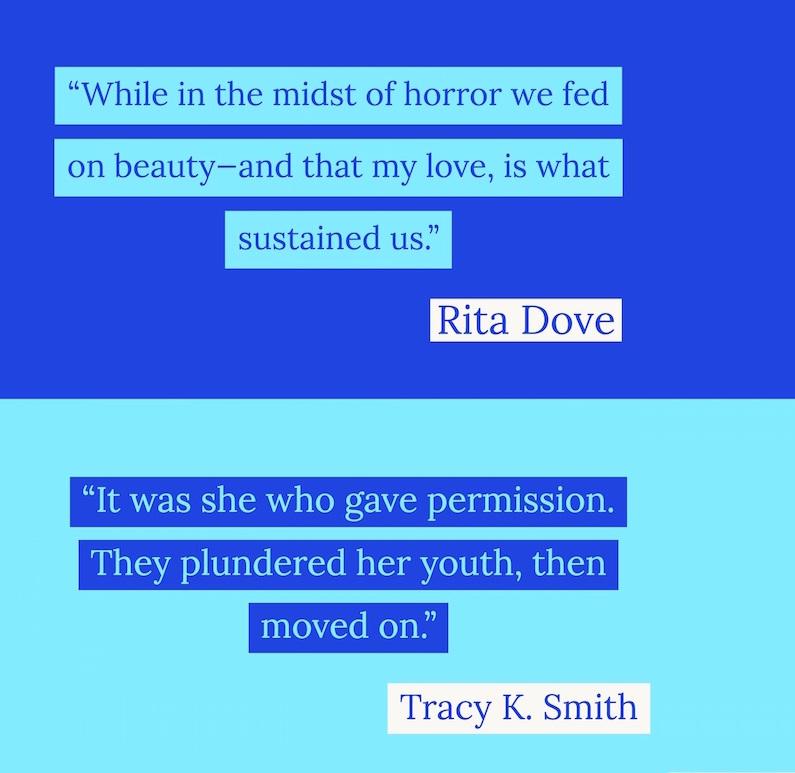
So how do you become a Poet Laureate? By being spectacularly good at writing poetry. That's certainly the case with current Poet Laureate Tracy K. Smith and fomer Laureate (and two-time NEA Literature Fellow and 2011 National Medal of Arts recipient) Rita Dove. In this excerpt, they each read and discuss a new poem. Smith reads "The World is Your Beautiful Younger Sister" from her new book Wade in the Water on Graywolf Press, and Dove reads "Transit" from a yet-to-be-named forthcoming collection.
Tracy K. Smith: So we were talking a little bit about the role of women, and I have a poem that is a poem that's really thinking about the earth, but the guiding metaphor has to do with gender, and another poet who's been so crucial for me, as a poet but mostly as a human, is Lucille Clifton, and I really am so grateful for the ways that she has, throughout her career, expressed such a deep belief in the universal oneness that extends to the planet that we live on, and I think this is a poem that's in that vein. It's a poem that's also worried. It's called "The World is Your Beautiful Younger Sister".
The World is Your Beautiful Younger Sister
Seeing her as seldom as you do, it doesn’t change,
The ire, the shame, the fists you must remember
To smooth flat just thinking what they did,
What they promised, then took—those men
Who offered to pay, to keep, the clan of them
Lording it over the others like high school boys
And their kid brothers. Men with interests to protect,
And mute marble wives. Men who let her
Beam into their faces, watching her shoulders rise,
Her astonishing new breasts, making her believe
It was she who gave permission.
They plundered her youth, then moved on.
Those awful, awful men. The ones
Whose wealth is a kind of filth.
Rita Dove: Wonderful. The poem that I chose belongs to a group of poems that I've been working on that are exploring the concept of ghetto, and that can be past or present or imagined or real. In this poem, the speaker is a woman who survived I think the ultimate terror of a concentration camp. Her name was Alice Herz-Sommer, and she was one of the many Jewish musicians and composers who were interned at Theresienstadt, Terezin, which was the model concentration camp; and when I say "model", I mean the thing is whenever the Red Cross would kind of come in to see if these concentration camps were as awful as everyone had told them they were, the inmates were ordered to play concerts and they were ordered to give mock parades. They were given new clothes. They arrayed the market-- they made it into a Disneyland of well-being. So the Red Cross would come through and think everything was all right, and Alice Herz-Sommer survived Theresienstadt, lived to a marvelous age, into her nineties, and was asked by an interviewer how she survived. "Transit".
Transit
—If music be the food of love, play on.
This is the house that music built:
each note a fingertip’s purchase,
rung upon rung laddering
across the unspeakable world.
As for those other shrill facades,
rigged-for-a-day porticos
composed to soothe regiments
of eyes, guilt-reddened,
lining the parade route
(horn flash, woodwind wail) . . .
well, let them cheer.
I won’t speak judgment on
the black water passing for coffee,
white water for soup.
We supped instead each night
on Chopin – hummed our grief-
soaked lullabies to the rapture
rippling through. Let it be said
while in the midst of horror
we fed on beauty – and that,
my love, is what sustained us.
CREDITS:
“The World is Your Beautiful Younger Sister” by Tracy K. Smith from her new collection, Wade in the Water, used by permission of Graywolf Press. The book comes out April 3.
“Transit” by Rita Dove, from a yet-to-be named forthcoming collection, used by permission of Rita Dove.


